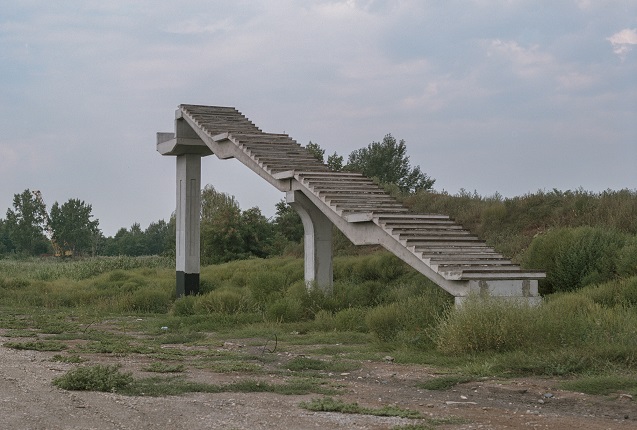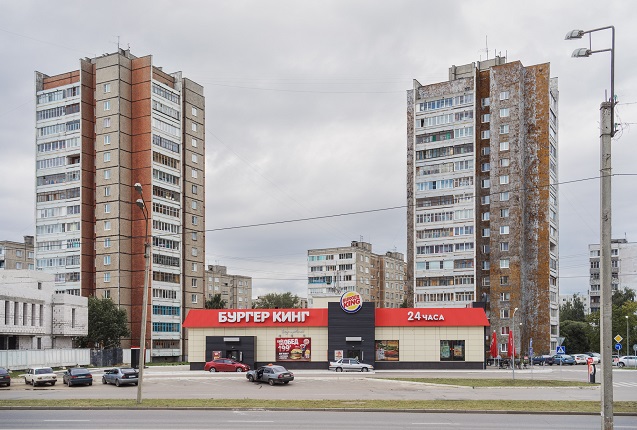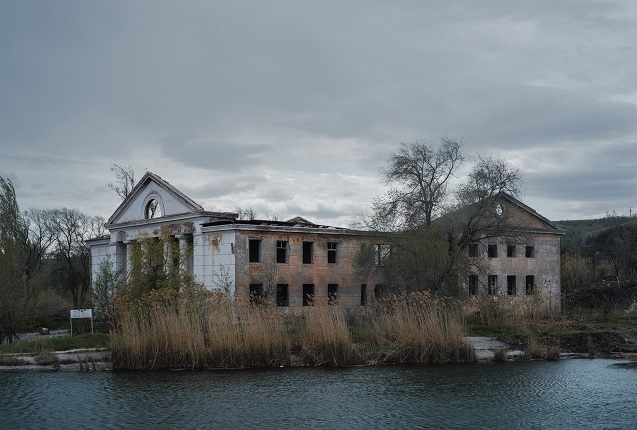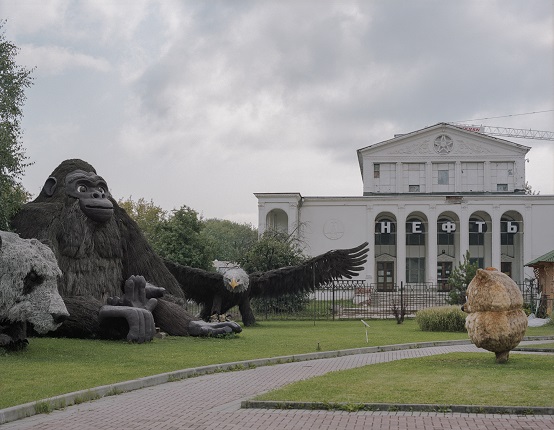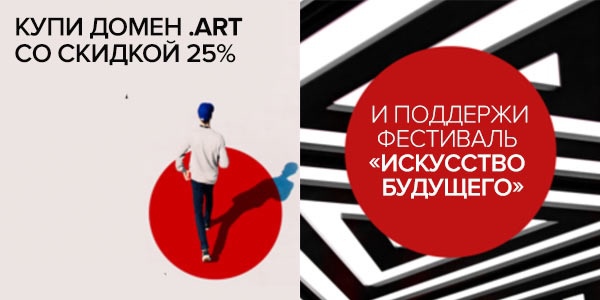Intrinsic Journey
Moscow, 13.02.2019—10.03.2019
exhibition is over
Central exhibition hall Manege
1, Manege Square (
www.moscowmanege.ru
Share with friends
For the press
MOSCOW CITY DEPARTMENT OF CULTURE
MULTIMEDIA ART MUSEUM, MOSCOW
PRESENT THE EXHIBITION
DMITRY LOOKIANOV
INTRINSIC JOURNEY
13 February 2019 — 10 March 2019
Strategic partner: Tele2
Curator: Anna Zaitseva
Dmitry Lookianov, a graduate of the Rodchenko School and recipient of the ‘Silver Camera-2015’ competition and Parmigiani Spirit Award, has participated in numerous group exhibitions and festivals in Russia and abroad. His solo exhibition ‘DKdance’ was shown as part of the X Moscow International ‘Photobiennale’ in 2014, and in 2015 he finished work on the project ‘Instant Tomorrow’, which has been exhibited many times in Europe and Russia. In the same year the Berlin publisher Peperoni Books issued a book of the same title.
Lookianov’s new project is the result of an investigatory journey that lasted from 2012 to 2017. The project features dozens of photographs taken in almost forty cities across Russia and has never previously been exhibited. The author refers to this experience as a ‘psycho-geographical trip’. All the places, the tourist ‘sights’ and the outskirts of a provincial city with typical buildings are equal members of the inhabited earth’s surface. The most ordinary landscapes appear in Lookianov’s lens, and each of his photos represents a search for the aesthetic where it would seem the concept of ‘aesthetics’ is inapplicable.
An overview of the present visual boom gives the impression that people only just began looking around them, seeing and recording the visible... Suddenly they realised space is around them, everywhere. The spatial turning point of the humanities, with new visual disciplines, arts and techniques flashing up on a daily basis. Travelling through space is cheap, transport fast, nowhere is far away — mankind never hurtled around space like this before. Is it hard to see and record something in this flow? It’s hard.
Too much caught my eye and got into the lens. Too many people are pressing the camera buttons. The hierarchy in culture has collapsed, the pyramid of the elect has fallen and crumbled, the fragments have rolled over the surface of the Earth. They have reached everyone. Once, I still remember it, my eyes noticed many things but they paid attention to selected items, sought them, recording only what was special, recognised and close at heart. At least, in a small radius. Only this had meaning and value. Photography was a craft, and an art. And they taught it to me too, as a geographer. They taught us to see, understand and record the landscape, as a scientist.
Dmitry Lookianov takes pictures of living places. A landscape, a cultural landscape, where people live. Seems trivial at first sight, because everyone lives only in a landscape.
But this is not at all true. There are things so familiar and so well implanted in our thinking, in the fabric of our consciousness, that it’s very hard to perceive them. In a landscape people usually see scenery, due to the experience of looking at paintings. They see whatever is special, extraordinary, scary, beautiful, striking, faces, verticals, scenes, monuments... Signs. They don’t see the landscape, they see the details that replace it. Inevitably according to mood and assessment. Following the template or destroying it. With admiration or horror. Loving or hating. Cutting the landscape into segments, sorting them, selecting, evaluating, decorating with perspective, technology and technique.
Details have replaced the whole, ousted, banished and expelled this whole from our culture. The entirety of the landscape has been lost — it has become invisible.
The landscape appears to us, presents itself as a phenomenon. Dividing the landscape into frames is like cutting a precious stone: the value is reduced, the beauty of a living crystal is replaced by the deathly beauty of a regular facet.
Dmitry sees the landscape a whole. I would say that is how he understands it, but that’s for you to judge. He lets the phenomenon appear. He waits. This is the landscape, not its particular points. Its existence, not specific moments. The landscape is ordinary, like life itself. In Dmitry’s optics the landscape is alive and living. Dmitry doesn’t embellish this life, nor does he expose it. He is neither admiring nor indignant.
All places are equal members of the inhabited earth’s surface. But by themselves and for a particular artist they are not equal. There are those through which more is visible. Semantically dense and through skilful optics — symbolic, focusing the meaning, colour, the shapes of many other places.
Dmitry sees in the landscape what it really is — physicality, form, the combination of details, conflict, contrast, incompatibility, conjugacy, non-randomness. Regularity. Man and the traces of his life, prints, friendship or enmity of man and place. He sees contours, colours, light, sound and smell. He observes the landscape not as a scene ‘for’ something and not ‘for’ whatever this is; he observes the landscape as the fabric of life.
In culture there have been dizzying inversions. The exotic has become commonplace. The unique features of the island of Bali are known, understood, recorded, shown, while the life of the landscape in our neighbourhood is incomprehensible and mysterious. Near and far have changed places. Nobody has actually seen the heart of Central Russia — they have seen Kamchatka; I speak with confidence, because I know both. The ordinary, everyday and nearby have become distant, exotic and rare.
Dmitry photographs precisely these invisible rarities. The optics and poetics of the ordinary. When everyone makes up verses they believe to be poetry, and prose has become poetry.
Vladimir Kagansky,
a senior research fellow at the Russian Academy of Sciences Institute of Geography with,
a PhD in Geography, a traveller, participant in interdisciplinary research, publicist; author of a number of special courses.

